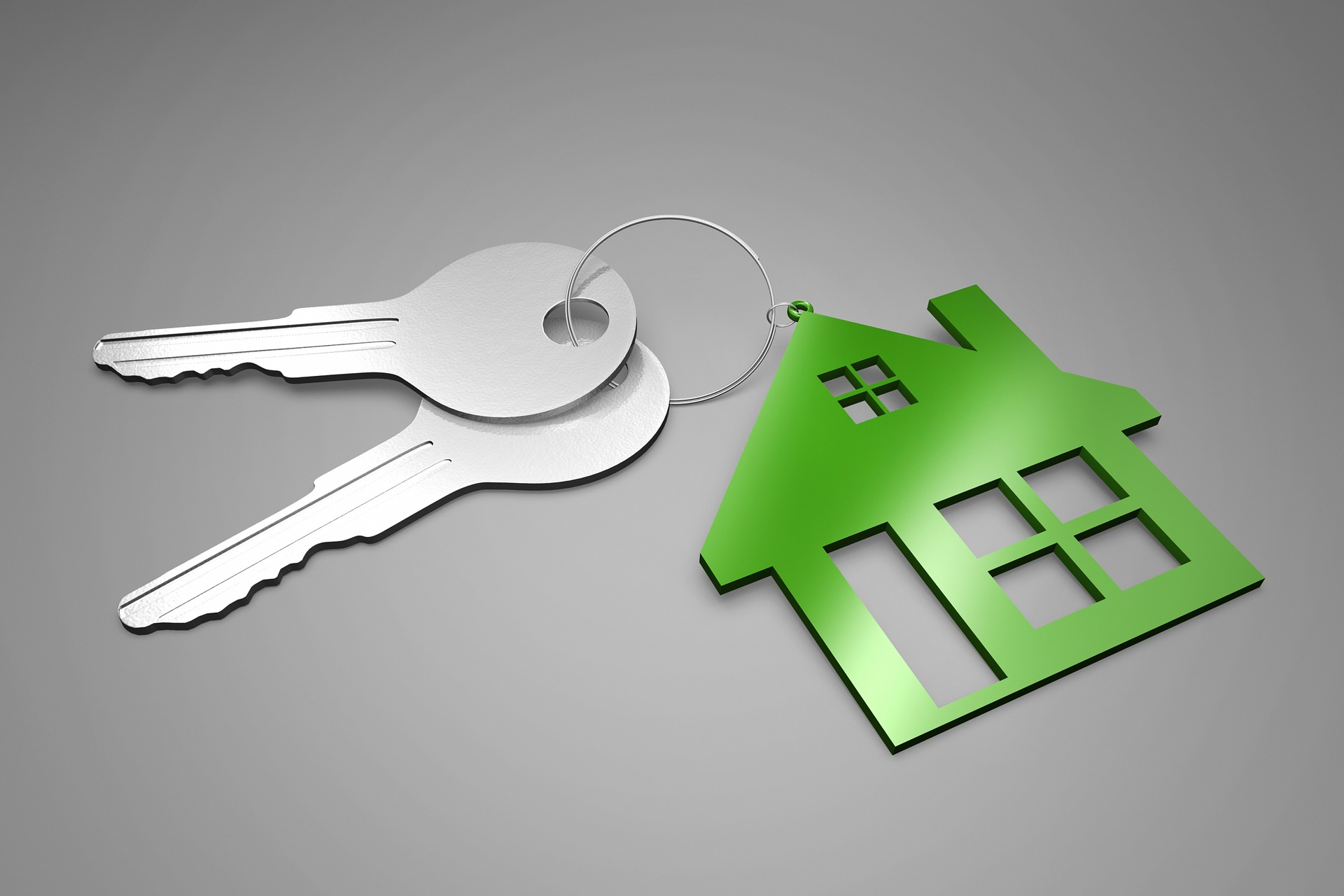Can You Buy A Mansion With A Jumbo Mortgage?
Cash might not be king anymore when it comes to purchasing luxury real estate. Investing in a multimillion-dollar home with cash means securing your liquid assets. A jumbo mortgageis somewhat different from a traditional fixed-rate loan when used to purchase a mansion than it is when used to finance a modestly priced property.
Furthermore, with mortgage rates at historic lows, it would probably be wiser to invest that money elsewhere, making financing the preferable choice.
To help you secure the mortgage on that mansion you dream, like the one you see owned by famous peoplein Bingepost, we will walk you through the unique requirements for jumbo mortgages.
Buy Or Rent?
The first question you ask yourself when looking for a new place to live will influence the rest of your decision-making.
Should you buy or rent? The ability to build equity and end rising rent may make buying seem appealing. However, regular home upkeep and repairs can quickly deplete a bank account.
In general, your unique situation will determine whether renting or buying is better for you. When thinking about purchasing a home, keep the following fundamental questions in mind:
How much time do you intend to spend there? Renting is probably a better choice if you plan to move in a few years. What kind of home can you afford? It can be worth it to rent while you put a little more money away if you can't afford a home big enough to fit your family in a few years.
What Market Is Offered?
It probably isn't worth tying yourself to something you're dissatisfied with if you can't find a home you like.
Another thing to keep in mind is that the current real estate market is one of the most fiercely competitive in recent memory, with record-high prices and record-low inventories.
In order to get their offer accepted, buyers must pay more than the home is listed for, sometimes by thousands of dollars. As a result, they should be ready to submit many offers and be aware of this possibility.
A Jumbo Mortgage - What Is It?
Freddie Mac and Fannie Mae loans are governed by the Federal Housing Finance Agency(FHFA), which is why the majority of conventional mortgage loans are referred to as "conforming loans." If a borrower defaults on a conforming loan, lenders are shielded from losses.
The FHFA determines the maximum amount for single-family conforming loans each year. For the majority of the country in 2021, that ceiling is $548,250.
However, conforming mortgage limitations are permitted to be 150 percent higher (for a maximum of $822,375) in some regions with a higher cost of living).
"Non-conforming conventional mortgages," sometimes known as "jumbo loans," are mortgages that are larger than these limits.
Depending on the borrower's creditworthiness, these loans are riskier for lenders because the government does not guarantee them. As a result, they have stricter underwriting requirements than conventional loans.
Jumbo Mortgage Conditions
Jumbo mortgages are exempt from the FHFA's regulation, so lenders are free to establish their own standards for approval. This implies that obtaining these loans may be more difficult.
In order to qualify for a jumbo mortgage, you must first have good credit. To borrow up to $1 million, lenders normally want a score of at least 700. You could require a score in the region of 720–760 for even bigger loans.
You may obtain copies of your credit reports from each of the three major bureaus (Experian, Equifax, and TransUnion) via AnnualCreditReport.com or other tool to make sure your credit is in good standing.
Before applying for a loan, make sure you check your reports for any mistakes or unfavorable information that has to be remedied.
Additionally, lenders will look at your debt-to-income ratio (DTI). This is a percentage that represents how much of your monthly gross income is used to pay down debt. Your DTI would be 30%, for instance, if your monthly income is $15,000 and your credit card, student loan, and auto payments combined are $4,500.
When comparing all of your debt, including your mortgage payment, to your monthly income, most mortgage lenders need a debt-to-income ratio (DTI) of less than 43%.
Jumbo loans are not an exception to the current record-low interest rates. A jumbo mortgage used to carry higher interest rates due to the extra risk involved, but that is no longer the case.
Early in July, the average 30-year jumbo mortgage rate was just over 3%, or nearly the same price as a conforming loan.
Jumbo mortgage adjustable rates are a little bit higher. For instance, in June, the average annual percentage rate (APR) on a 5/1 adjustable-rate mortgage (ARM), which has an interest rate that is set for the first five years and then adjustable for the remaining term of the loan, exceeded 3.7 percent.
Because there is a higher administrative overhead associated with underwriting a jumbo loan, closing costs may be higher as well.
For a jumbo mortgage, lenders often demand a sizeable down payment of 20% or more. That entails saving up $200,000 in cash to put down on a $1 million house. Depending on the circumstances, some lenders might accept as little as 10% down.
People Also Ask
What Does Jumbo Mean In Mortgage?
A jumbo loan, also called a jumbo mortgage, is a home loan that is bigger than the "conforming loan limit" for mortgages that Fannie Mae and Freddie Mac, the government-sponsored enterprises that buy and manage most single-family home mortgages in the U.S., will buy.
What Is Considered Jumbo?
A jumbo loan is a loan for a single-family home that is more than $647,200, with the exception of Hawaii, Alaska, and a few federally designated high-cost areas, where the limit is $970,800.
Do You Have To Put 20% Down On A Jumbo?
Generally speaking, you may anticipate putting down at least 10% of the total cost of your jumbo loan.
Some lenders could demand a 25% or even 30% down payment as a minimum. Even though a 20% down payment is a reasonable baseline, it's always best to discuss all of your choices with your lender.
Conclusion
Remember that you will still need to budget payments into your monthly cash flow and manage two loans rather than one.
Another choice is to put down a significantly larger sum of money, say 50% or more. As a result, your rates and fees will be cheaper, and your monthly payments will be reduced. This might also help you borrow less money and stay within your loan restrictions.
Once more, you must decide if it is best to use your cash for a down payment, to pay off high-interest debt, or to invest it while you continue to save.
You have several alternatives when it comes to acquiring luxury real estate. Calculating your options by deciding how to spend your cash wisely and how to take advantage of low-interest debt is the key.

